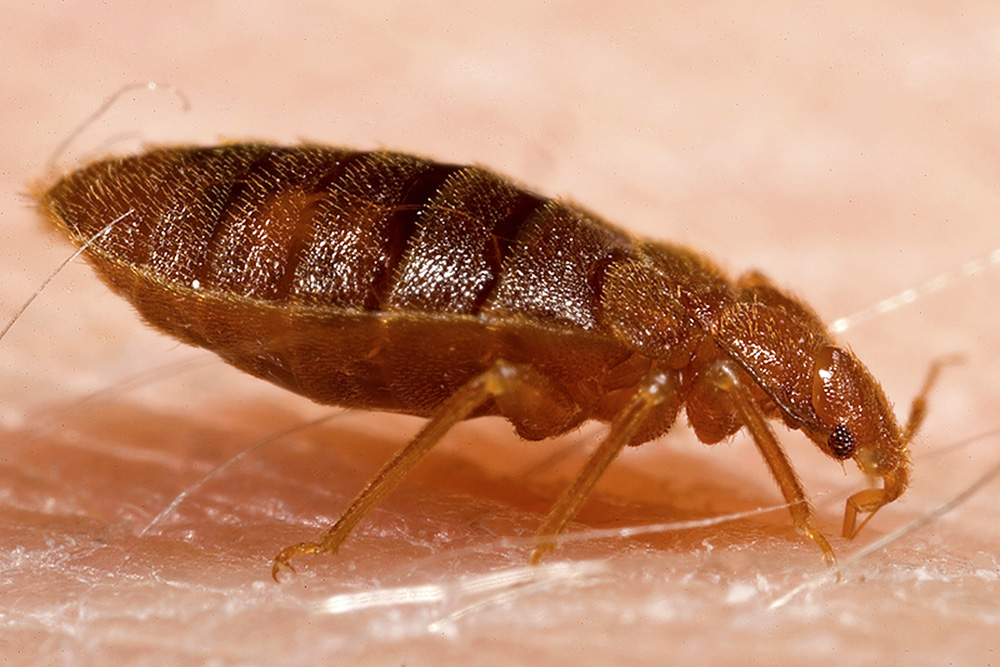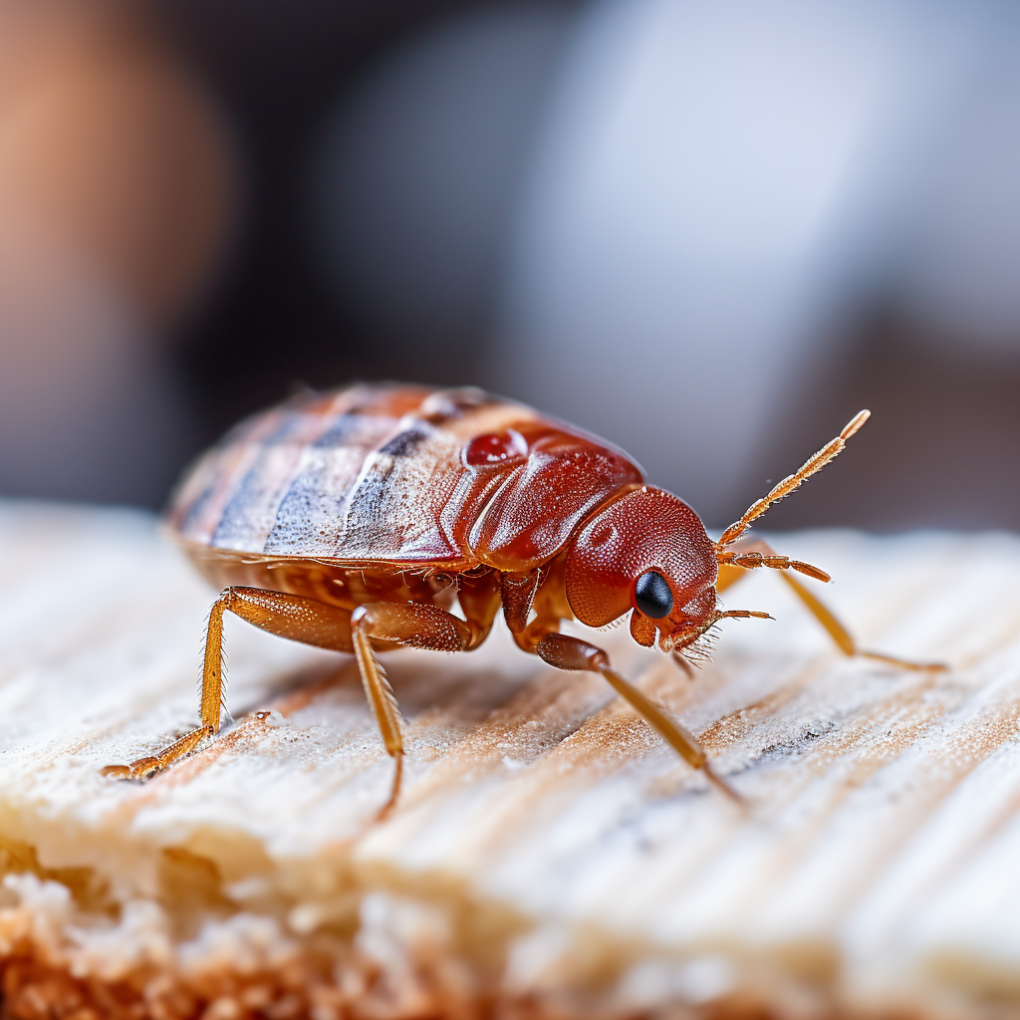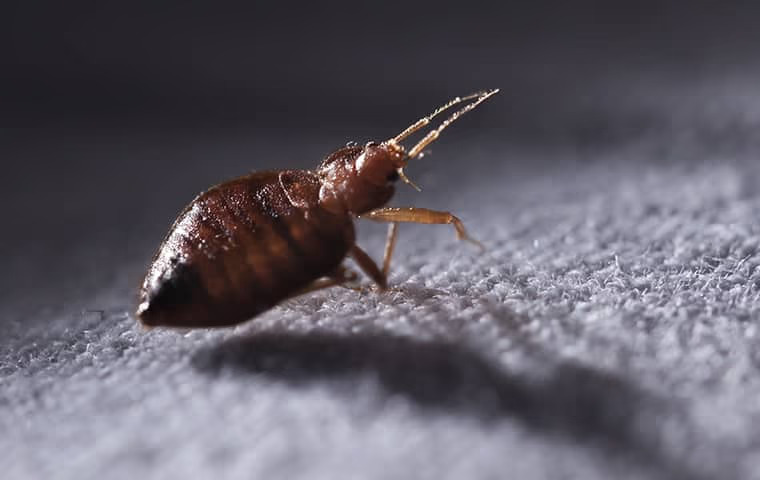Specialist Kings Pest Control Cincinnati: Your Relied On Exterminators
Wiki Article
Kinds Of Insect Control: Which Technique Is Right for Your Infestation?
When faced with a bug problem, the selection of a proper approach for pest control is critical in properly handling the circumstance. By discovering the different types of insect control approaches readily available, individuals can make informed decisions customized to their distinct situations, making certain a more sustainable and efficient result in insect elimination.Chemical Pest Control
Chemical pest control includes making use of artificial or normally derived chemicals to take care of and eradicate pest populations efficiently. This approach is commonly utilized in farming, forestry, and residential setups to deal with a wide variety of parasites, consisting of rats, weeds, and insects. Using chemical pesticides can provide fast and targeted services to pest invasions, making it a preferred option for several people and organizations.Among the essential benefits of chemical insect control is its ability to promptly eliminate pests, reducing the threat of damages to plants, property, and human wellness. By making use of particular chemicals that target certain parasites, this technique can effectively manage infestations while reducing damage to helpful microorganisms and the setting when used appropriately.
Nevertheless, the usage of chemical insect control also elevates problems concerning possible negative impacts on non-target species, water resources, and human health and wellness. It is important to comply with security guidelines, apply chemicals responsibly, and think about different parasite control methods to lessen these threats and ensure lasting parasite management practices.
Organic Parasite Control
Biological pest control, likewise known as biocontrol, utilizes living microorganisms to manage and lower insect populaces naturally. This method harnesses the power of nature to control pests without the demand for artificial chemicals. Biocontrol can involve the intro of natural enemies of the insect types, such as virus, parasites, or killers, to suppress pest populations. By utilizing the bug's all-natural predators or pathogens, biological parasite control provides a eco-friendly and lasting solution to pest administration.
Mechanical Parasite Control
Utilizing physical and manual approaches to manage pest populaces, mechanical pest control provides an alternate technique that does not count on the use of living microorganisms or synthetic chemicals. This approach includes making use of obstacles, catches, or various other gadgets to physically prevent or remove pests. By obstructing parasite access factors or establishing traps to catch them, mechanical parasite control can successfully minimize invasions without introducing chemicals into the atmosphere.One usual example of mechanical bug control is using mesh screens on doors and windows to avoid bugs from getting in structures. This simple yet reliable method acts as a physical barrier, maintaining parasites out while permitting proper air flow. Furthermore, tools like mousetraps, fly swatters, and ultrasonic repellents fall under the mechanical pest control classification.
While mechanical insect control methods can be labor-intensive and require normal monitoring and maintenance, they use a sustainable and eco friendly remedy for handling pest problems. By learn the facts here now integrating different mechanical strategies, homeowner can create a comprehensive insect control approach that minimizes dependence on chemical pesticides.
Physical Pest Control

Some common physical insect control techniques include the use of barriers such as displays or internet to stop pest entry, catches to capture and remove parasites, and hand-picking to physically get rid of insects from plants or structures. Furthermore, methods like warmth treatments can be made use of to regulate parasites like bed pests by elevating the temperature level to levels that are lethal to the insects.
Physical parasite control is especially useful in incorporated parasite monitoring (IPM) methods, where several bug control methods are incorporated for effective bug administration while minimizing the usage of chemicals. By making use of physical insect control methods, individuals can properly deal with bug invasions with minimal ecological impact.
Integrated Bug Management
When applying physical parasite control methods as component of insect administration techniques, Integrated Insect Management (IPM) becomes an extensive approach that leverages various strategies to efficiently manage pest populaces. IPM concentrates on long-lasting avoidance of bugs through a combination of biological, cultural, physical, and chemical tools tailored to particular pest problems. By integrating multiple control strategies, IPM aims to minimize the threats connected with pests while additionally minimizing pest deterrent dependence on chemical solutions.One key element of IPM is the emphasis on monitoring and examining pest populaces to determine one of the most ideal control methods. This proactive strategy permits for very early treatment and targeted strategies, leading to more effective pest management. Furthermore, IPM advertises ecologically pleasant practices by focusing on non-chemical control methods and just utilizing chemicals as a last option.
Verdict

By utilizing the parasite's all-natural killers or pathogens, biological insect control offers a sustainable and environmentally friendly service to pest administration. - Kings pest control Cincinnati
Making use of manual and physical approaches to handle pest populaces, mechanical parasite control uses an alternate method that does not rely on the usage of living microorganisms or synthetic chemicals.An effective approach to managing bug populaces without depending on chemical or biological methods includes the use of physical pest control methods.When executing physical insect control approaches as component of bug monitoring strategies, Integrated Bug Monitoring (IPM) emerges as a detailed approach that leverages different methods to successfully regulate pest populaces. Chemical parasite control includes the use of chemicals, biological parasite control makes use of all-natural killers, mechanical bug control involves physical barriers, physical insect control consists of capturing or removing bugs, and incorporated insect monitoring combines multiple methods for an all natural technique to pest control.
Report this wiki page